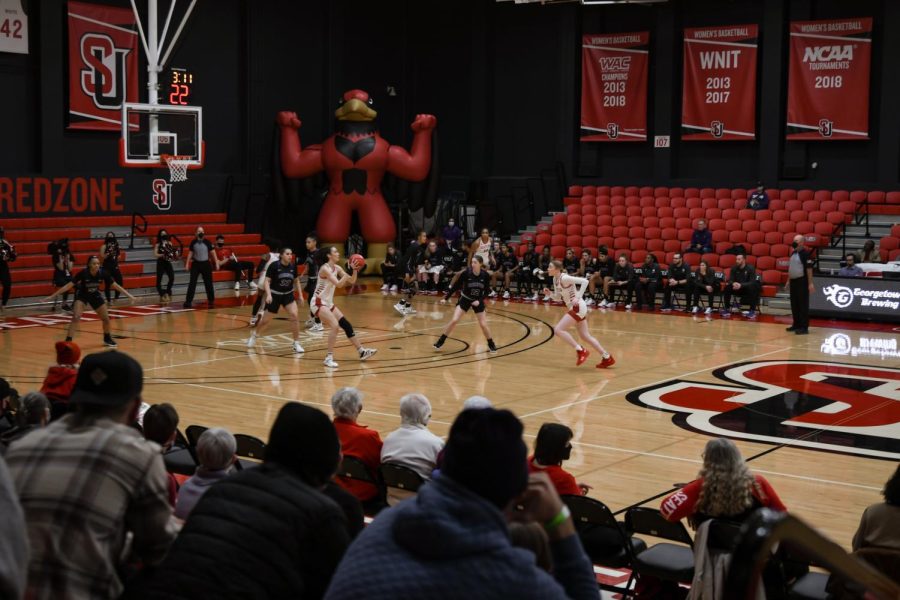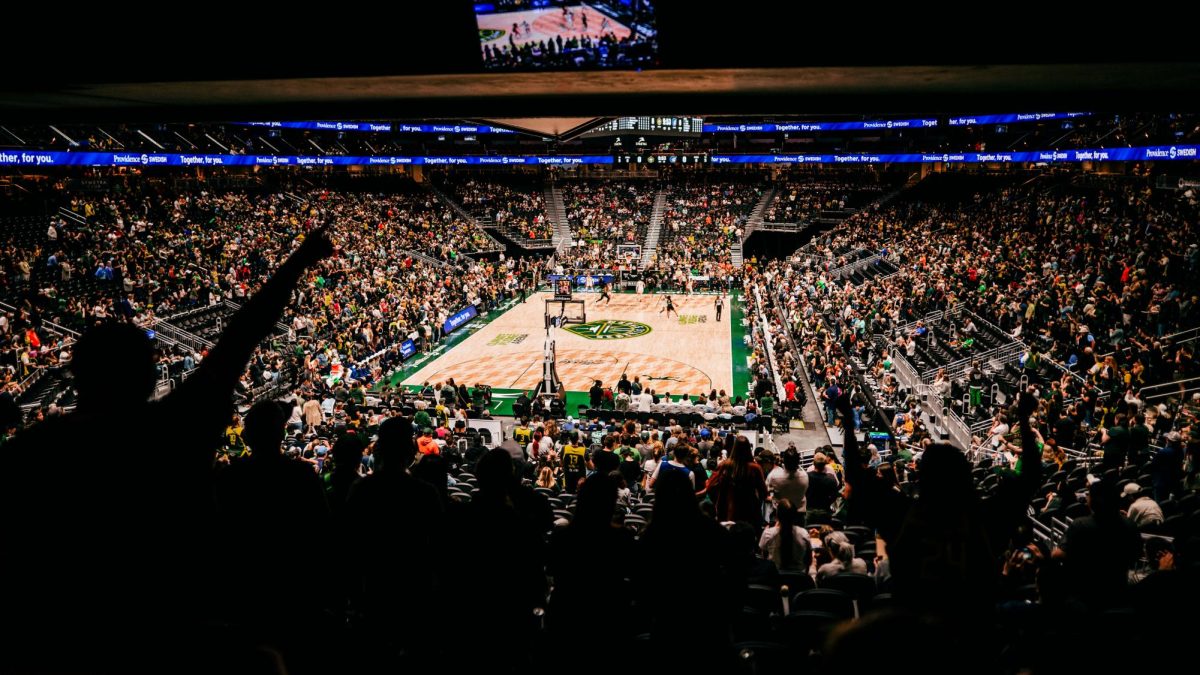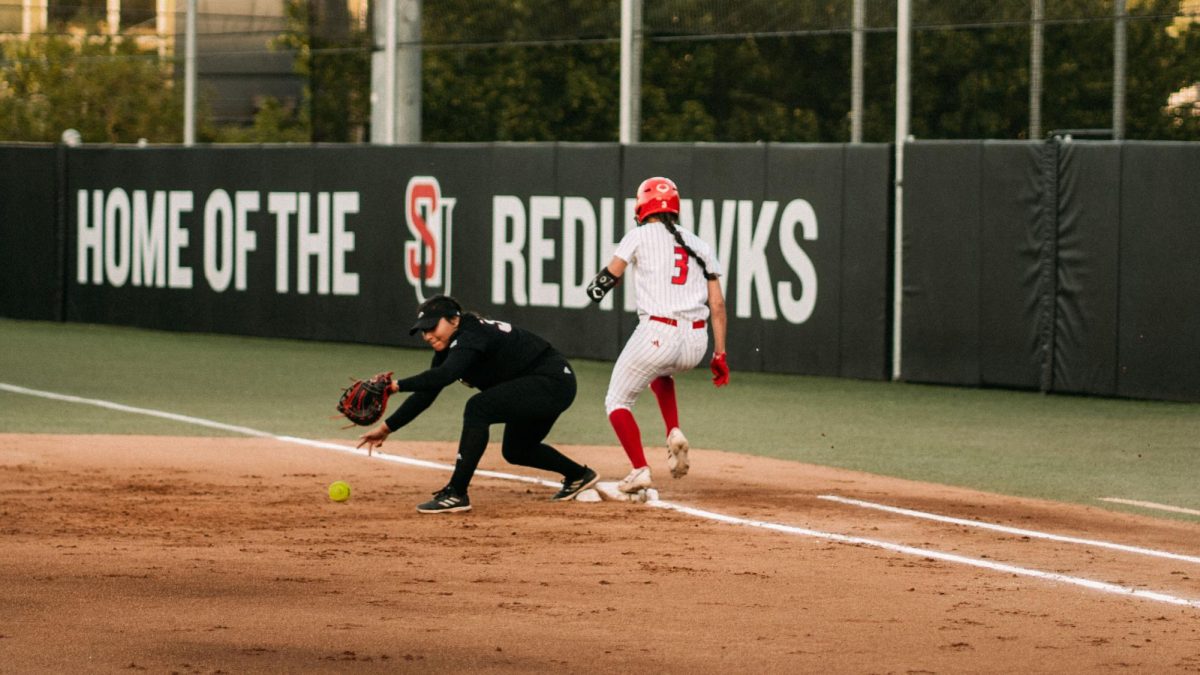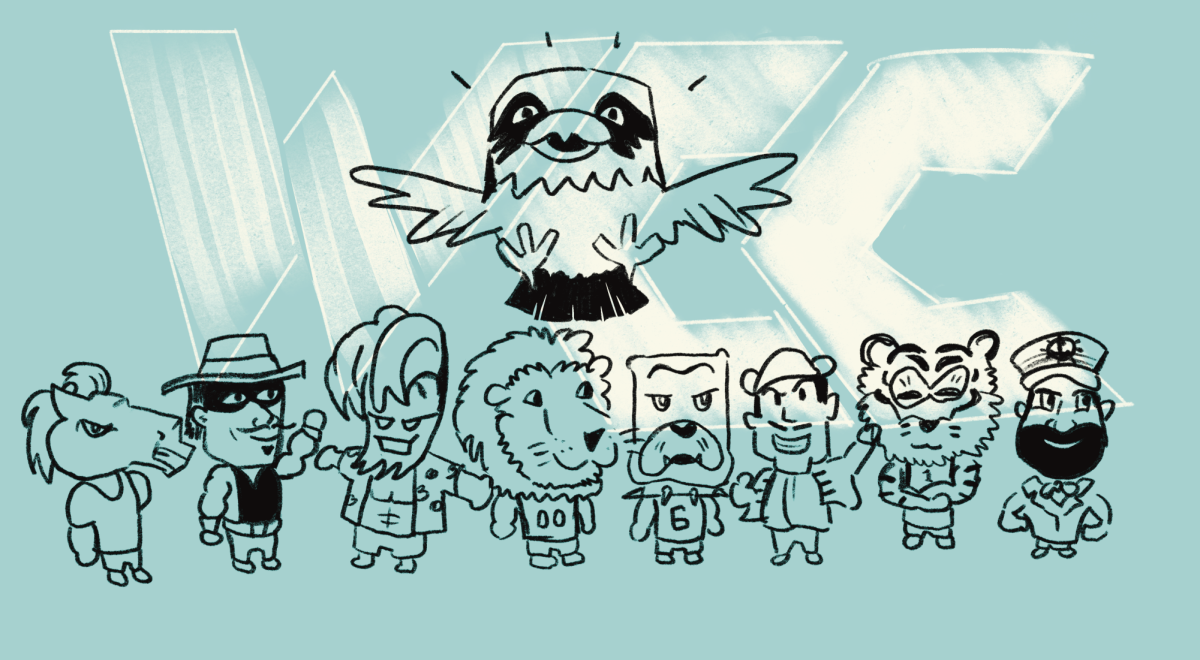Tuition prices are rising, more and more students are struggling to afford meals, food pantries specifically for students are opening everywhere and, now, NCAA athletes—who are given meal privileges—are adding their complaint to the food crisis.
After the University of Connecticut defeated the University of Kentucky in the NCAA men’s basketball championship, UConn’s Shabazz Napier let the world know that he was not happy with the NCAA and their rules regarding meals for student athletes. According to Napier, the Huskies—with their three free meals a day—were going to bed hungry.
As it turns out, hunger has become a growing issue for many college students, whether they play sports or not. High prices are always a concern, especially when they continue to increase year after year. Even the food at Seattle University has gotten pricier.
“The meal plans here are really expensive and the food is expensive,” said law student Norma Gonzalez. “I bought a meal plan last semester and the money was all gone before the semester was over.”
But when it comes to NCAA athletes, a good deal of food is provided. However, it has previously been the case that according to NCAA rules, schools are not allowed to provide their athletes with unlimited food as it is perceived as an extra benefit. For now, each athlete—at larger schools with larger budgets than Seattle U–is ordinarily given three meals a day as a part of a stipend. At Seattle U, full-scholarship athletes are given the highest meal plan available. Some of these Seattle U athletes, however, are unable to utilize the entire expense, and opt to take the extra money as a check stipend.
Athletes who are not on full scholarship still get three free meals a day, plus snacks to take home, during preseasons and winter and spring breaks. Additionally, several Seattle U teams are provided pre-game meals including impressive spreads from Panera Bread Company and other
local vendors.
Although a substantial amount of food is provided for college athletes, some feel it is sometimes not enough.
Galen Trail, a Seattle University professor of sport administration and leadership, shared his opinion on the NCAA rule regarding meals.
“It is just one of those rules that hasn’t been examined recently,” said Trail. “I do not think it is a big issue, but it is one of many little things that is causing athletes to really question if the NCAA has their best interests in mind.”
In response to the comments made by Napier, the NCAA recently voted on April 24 to allow Division I athletes to receive an unlimited supply of meals and snacks. This rule will apply to any athlete, even ones that are not given an athletic scholarship. It is certain that this will increase costs for most university’s athletic departments. Seattle U’s athletic department declined to comment on the matter.
Most universities across the country actually lose money through their athletic departments. That lost money must then be replaced by sources elsewhere. Some universities even charge a fee to students in order to fund their athletic programs. Providing athletes with unlimited food is expected to drive up costs, and could force universities to allocate more money toward their athletic programs instead of using it to fund other school programs or financial aid.
Another issue currently being debated within the NCAA is whether college athletes should be paid to perform for their schools. Athletic scholarships typically will not cover the entire cost of attending college, so it is the opinion of some that athletes should receive extra compensation, considering how much revenue athletics generate.
“Athletes may be getting scholarships but they should receive extra compensation if the school is making money off of their skills,” Gonzalez said.
Perhaps this new rule of unlimited food will be viewed as proper compensation for the athletes. However, the idea is not pleasing to sophomore Kyla Terashima, who was shocked to hear the potential for unlimited snacks provided for athletes.
“They’re already paid to go to the school, basically. I know that they work hard for it, but they already have a meal plan—use it more wisely,” said Terashima.
Sophomore Sean Bellevue also felt strongly about extra compensation for athletes, not necessarily
involving snacks.
“I do not think college athletes should be paid. My tuition money shouldn’t be going to another student so that they can play a sport,” Bellevue said.
For now, student athletes are seeing improvements from the NCAA. As the insitution is receving criticism from several teams regarding their exploitations of athletes, this change might just be a ploy to alleviate some of that criticism, experts say. The new rule allowing all Division I athletes to have unlimited food and snacks will certainly keep them specifically from going hungry.
The only question is, will everyone be satisfied?
“This is just one small part of a much larger issue,” Trail said. “It is just the tip of the iceberg.”






![Josh Gibson Supplants Ty Cobb, Babe Ruth, as Baseball’s Best Hitter [OPINION]](https://seattlespectator.com/wp-content/uploads/2024/05/gettyimages-72075891-1200x675.jpg)




